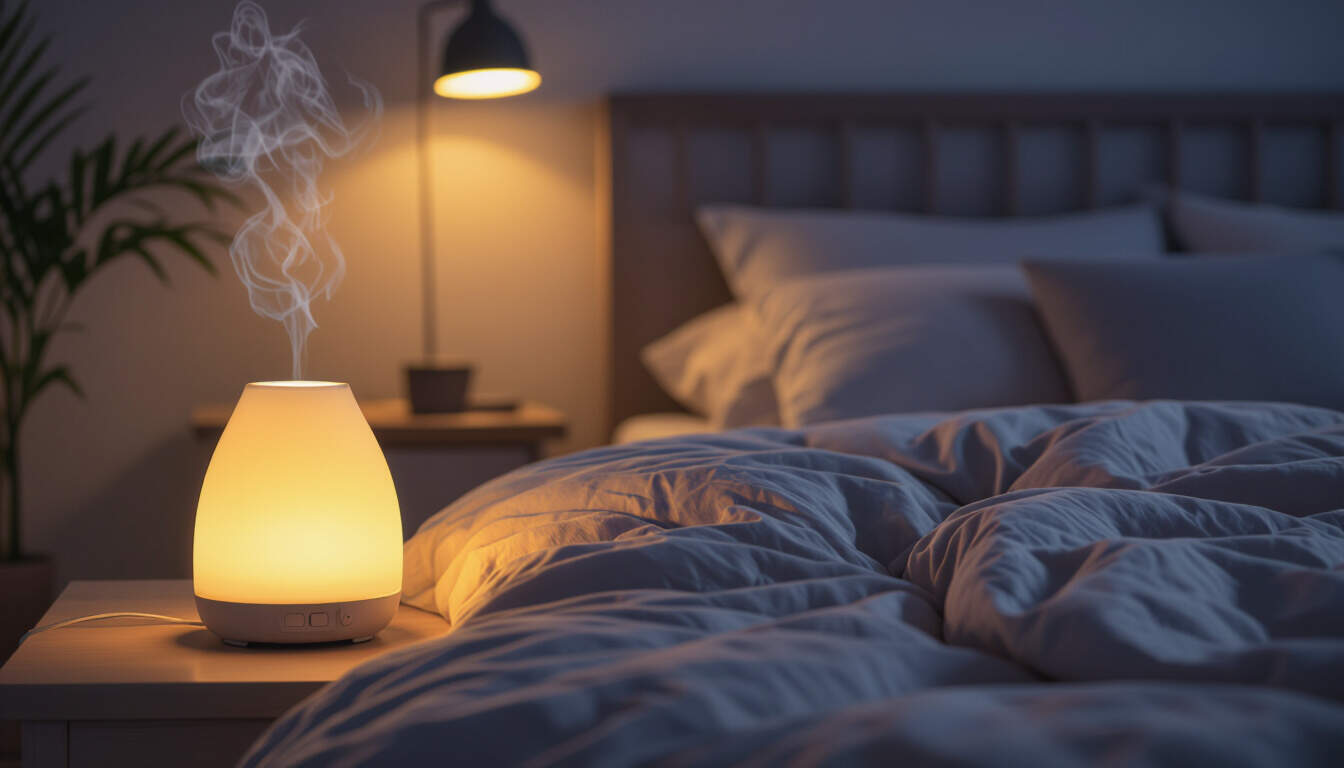Aromatherapy as a Natural Tool for Circadian Rhythm Alignment and Sleep Improvement
 by Lilian Nienow
by Lilian Nienow
Explore how aromatherapy can support better sleep by aligning with your body's natural rhythms. This article covers the basics of circadian rhythms, practical ways to use essential oils, and the positive impacts on health and daily efficiency for those seeking optimal routines.

Circadian rhythms govern many aspects of our daily lives, influencing when we feel alert or tired. These internal clocks help regulate sleep patterns and overall well-being. Aromatherapy offers a gentle way to support these rhythms through scents from essential oils.
In the content, we will look at how specific oils can aid sleep. For instance, lavender has properties that promote relaxation. lavender works by calming the mind, making it easier to fall asleep. This can lead to more consistent sleep cycles.
To begin, consider the basics of circadian rhythms. They are biological processes that follow a roughly 24-hour cycle, driven by light and dark. Exposure to natural light during the day helps set these rhythms. At night, dimming lights and using calming scents can enhance this process.
Aromatherapy involves inhaling or applying essential oils. These come from plants and have various effects. For sleep, oils like chamomile create a soothing environment. chamomile may reduce feelings of stress, allowing for deeper rest.
Practical tips make it simple to incorporate aromatherapy into routines. Start by selecting high-quality oils from trusted sources. Use a diffuser in your bedroom to release scents gently. Aim to do this an hour before bed to signal the body it's time to wind down.
Here are some steps to try:
- Choose oils based on your needs; for example, peppermint might help with evening energy if used earlier in the day.
- Apply diluted oils to pulse points, but always do a patch test first.
- Combine with other habits, such as reading or light stretching, to build a full routine.
The effects of better sleep on health are significant. Good rest supports immune function and mental clarity. When circadian rhythms are in sync, people often report fewer issues like fatigue or mood swings. Aromatherapy can play a role here by improving sleep quality without relying on heavy medications.
For busy professionals, maintaining productivity depends on balanced rhythms. A well-rested mind performs tasks more efficiently. Using aromatherapy in the evening can help ensure mornings feel refreshed. productivity benefits from this approach, as consistent sleep leads to sharper focus during work hours.
Now, let's explore specific oils in more detail. Eucalyptus, for example, has a refreshing scent that might aid breathing, indirectly supporting sleep. eucalyptus can be useful if congestion disrupts rest.
Health enthusiasts often seek natural methods to fine-tune their days. Aromatherapy fits well, offering customizable options. Regular use might even help with long-term health goals, like maintaining energy levels.
Consider the timing of oil use. Morning scents could invigorate, while evening ones relax. This aligns with circadian needs, promoting a natural flow to the day. For instance, citrus oils in the morning might boost alertness.
In practice, many find that combining aromatherapy with light exposure works best. Get sunlight early, then use oils at night. This dual strategy supports rhythm stability.
The impact on daily life extends to relationships and tasks. Better sleep means more patience and creativity. circadian rhythms affect everything from hormone levels to appetite, so keeping them steady is key.
To measure progress, track your sleep patterns. Note how you feel after using oils regularly. Over time, you might see improvements in mood and efficiency.
Finally, remember that everyone's body responds differently. Experiment with oils to find what suits you. With consistent effort, aromatherapy can become a valuable part of enhancing health and routines.
Overall, this method encourages a proactive approach to well-being. By focusing on natural aids like essential oils, individuals can foster better sleep and, in turn, greater daily success.
